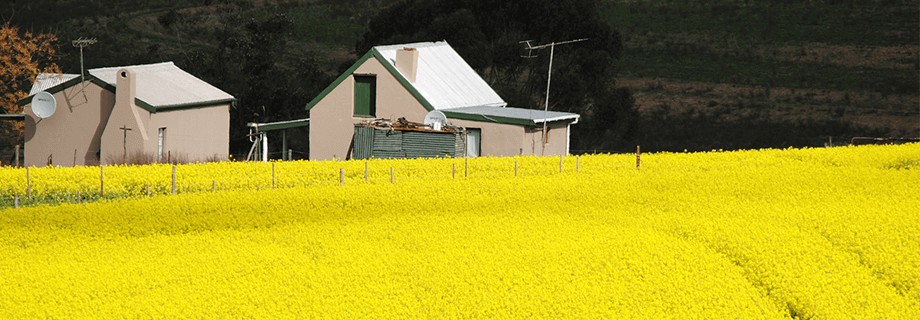Should I Invest in Africa?

Foreign investors – and Africans living abroad – are all asking this question.
Ernst & Young has surveyed 500 global business leaders and published the results in the Africa Attractiveness Survey 2013: http://www.ey.com/Publication/vwLUAssets/Africa_Attract_2013_-_Getting_down_to_business/$FILE/Africa_attractiveness_2013_web.pdf.
The majority (86%) of these business leaders rank Africa as the second most attractive investment destination in the world after Asia.
Companies that are already doing business in Africa are overwhelmingly positive. They understand the risks and see the opportunities.
But a minority, with no business presence in Africa, remain steadfastly negative and rank Africa as the least attractive investment destination. For them, Africa is still the cliché ‘war, disease and misery’.
Poor infrastructure, especially electricity supply, is cited as a major challenge. Not surprising, therefore, that South Africa tops the list of most attractive investment destinations… thanks to well developed infrastructure, stable political structures and a large home market. With South Africa, Morocco, Nigeria, Egypt and Kenya make up the ‘Big Five’ of countries to invest in.
“By the 2040s, we have no doubt that the likes of Nigeria, Ghana, Angola, Egypt, Kenya, Ethiopia and South Africa will be considered among the growth powerhouses of the global economy,” says Ajen Sita, Ernst & Young’s top dog for Africa.
But that’s a long time to wait. Luckily, the International Monetary Fund says that by 2015, 7 out of the world’s 10 fastest growing economies will be in Africa. GDP for the continent is expected to reach $2.6trn by 2020.
Private Equity (PE) funds in Africa are delivering returns in the 14-25% range, and occasionally much higher. They target a range of opportunities: energy, natural resources, infrastructure like hotels and shopping malls, financial services and agriculture value chains. They invested almost $1.2bn in Sub-Saharan Africa last year http://m.news24.com/fin24/Economy/Africa-private-equity-deals-grow-to-1bn-20130206, although half of that went to just one country – South Africa. Meanwhile, investment in North Africa has ground almost to a standstill.
Savills, the property consultancy, compares agricultural investment opportunities in Africa to ‘the Brazil of the 1970s’ http://www.agrimoney.com/news/africa-is-the-brazil-of-the-1970s-in-agriculture–5806.html.
Forty years ago, says the company, Brazil had limited agriculture potential with poor infrastructure and a weak economy, but investment in infrastru
cture, credit facilities and policy reform turned Brazil into an agricultural powerhouse.
Soybeans helped transform the Brazilian economy. Soybeans should also contribute to African economies. There’s plenty of room for improvement. Soybean yields in Sub-Saharan Africa are presently at just 32% of their potential, and corn yields at only 20%.
Savills believes that farmland investors can expect internal rates of return of 8-25% over 5-10 years. Once operating at full strength, which can take 5 years for an undeveloped site, an average farm enterprise should yield 2
0-25% in earnings before interest, taxation, depreciation and amortisation (ebitda). Capital growth can be as much as 30% in the first 5 years.
Savills warns against accusations of land grabbing and recommends investing in farms of 1,000-5,000 hectares, big enough for economies of scale but small enough to avoid the land-grab headlines. In excess of 5,000 hectares, investors should expect to be targeted by anti-land-grab campaigners.



